Publications
Articles, publications, books, tools and multimedia features from the U.S. Institute of Peace provide the latest news, analysis, research findings, practitioner guides and reports, all related to the conflict zones and issues that are at the center of the Institute’s work to prevent and reduce violent conflict.
Question And Answer
Why Counterterrorism in Afghanistan and Pakistan Still Matters
Question And Answer
What Does the Xi-Ma Meeting Mean for Cross-Strait Relations?
On the Issues: Pakistan
The resignation of Pakistani president Pervez Musharraf — once a key Washington ally — marks a new stage in the country’s often volatile politics. Institute specialists Alex Thier and Qamar-ul Huda discuss a host of challenges on Pakistan's political scene.
On the Issues: Pakistan
President Barack Obama recently met with Pakistan President Asif Ali Zardari and Afghan President Hamid Karzai and pressed the two leaders to do more to combat Taliban and al Qaeda fighters in the border area. Rodney W. Jones, program officer for USIP’s Center for Conflict Analysis and Prevention, assesses Pakistan’s efforts to battle insurgents, the Obama administration’s new approach on Pakistan and Afghanistan, and what USIP is doing to address the problems in the troubled region.
Roy Gutman on Afghanistan
Former USIP fellow Roy Gutman, author of "How We Missed the Story," details how past missteps in Afghanistan can help the U.S. formulate a better strategy for the future.
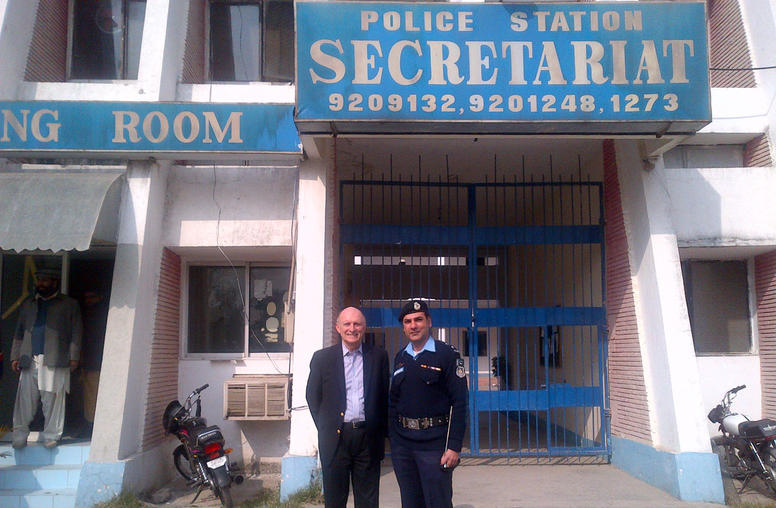
Empowering the Pakistan Police
In Pakistan’s struggle against violent extremism, Pakistan police officers have sacrificed their lives to save the lives of those around them. Heroic acts by the police have occurred in Peshawar, Quetta and Karachi, the cities impacted most by the spread of terrorism from the tribal areas bordering Afghanistan. In Pakistan’s cities, police are responsible for confronting the threat from extremists groups.
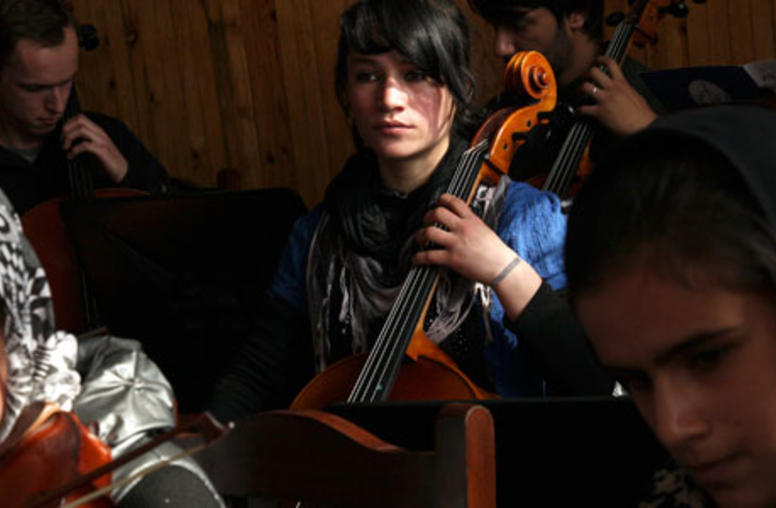
Kennedy Center Concert Highlights Music as a Source of Hope for Afghanistan’s Future
USIP’s Hodei Sultan reflects on the recent U.S. concert tour by youth ensembles from the new Afghanistan National Institute of Music.
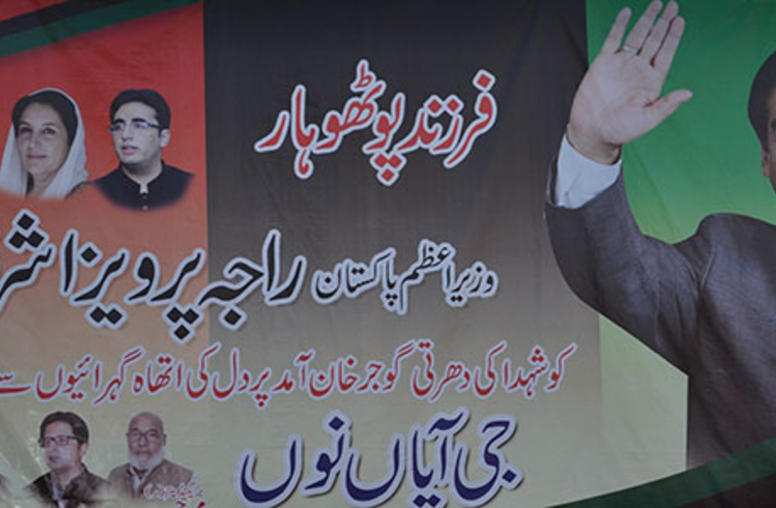
In Pakistan, a Frenetic Pace of Controversy and Upheaval
Photo Credit: Wiki Commons/Khalid Mahmood
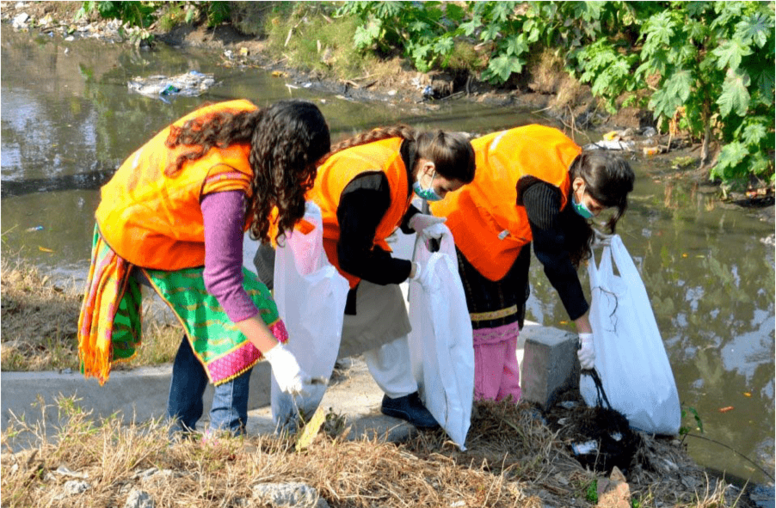
Trashing Social Divides in Pakistan
Photo by Farhat Abbas
Pakistan School Attack Sparks New Form of Public Action
In the aftermath of the horrific Taliban attack on a school in Peshawar that left more than 140 people dead, most of them children, a national consensus against terrorism may be emerging in Pakistan. Also developing is a new style and approach for civil society activism.
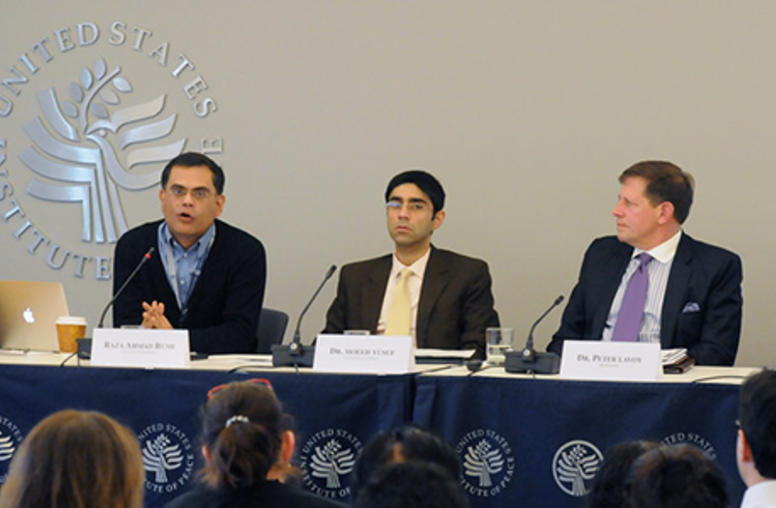
Pakistan Massacre of Schoolchildren: What Has It Changed?
Even having lost 50,000 people killed in terrorism-related violence over more than a decade, Pakistan was stunned by the Taliban massacre of 145 schoolchildren and others at an Army school in Peshawar on December 16, 2014. With some commentators calling the event “Pakistan’s September 11,” the U.S. Institute of Peace convened experts to assess whether the country may actually have reached a decision point that could yield a more consistent and effective state campaign against terrorism.
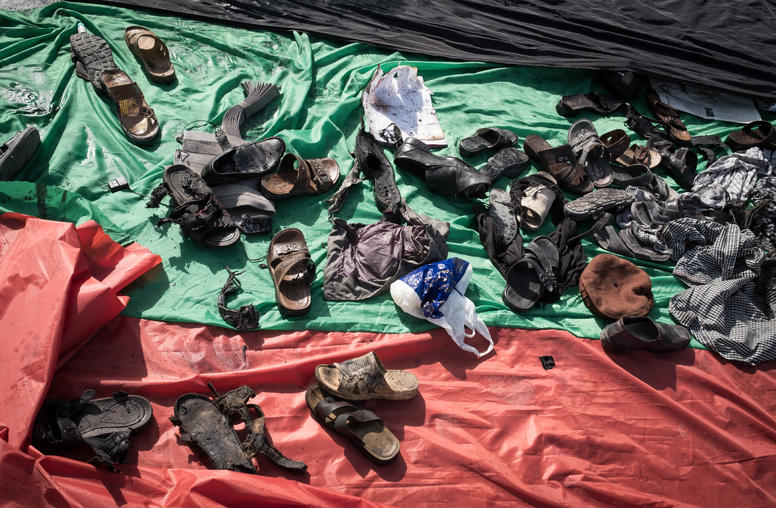
South Asia: Rising Extremism Opens Way for ISIS
Across South Asia, complex strains of extremism are opening the way for the Islamic State and destabilizing governments. From elements in the Afghan Taliban to the ascent of Hindu nationalism in India, extremists are drawing the region deeper into volatile internal and external conflicts, according to experts on religion and extremism speaking recently at the U.S. Institute of Peace. There are no quick ways to reverse the trend, they said. But steps that could slow radicalization include bolstering free speech, attacking terrorists’ financial networks and undermining the myth that a long-ago caliphate ruled over a perfect society.